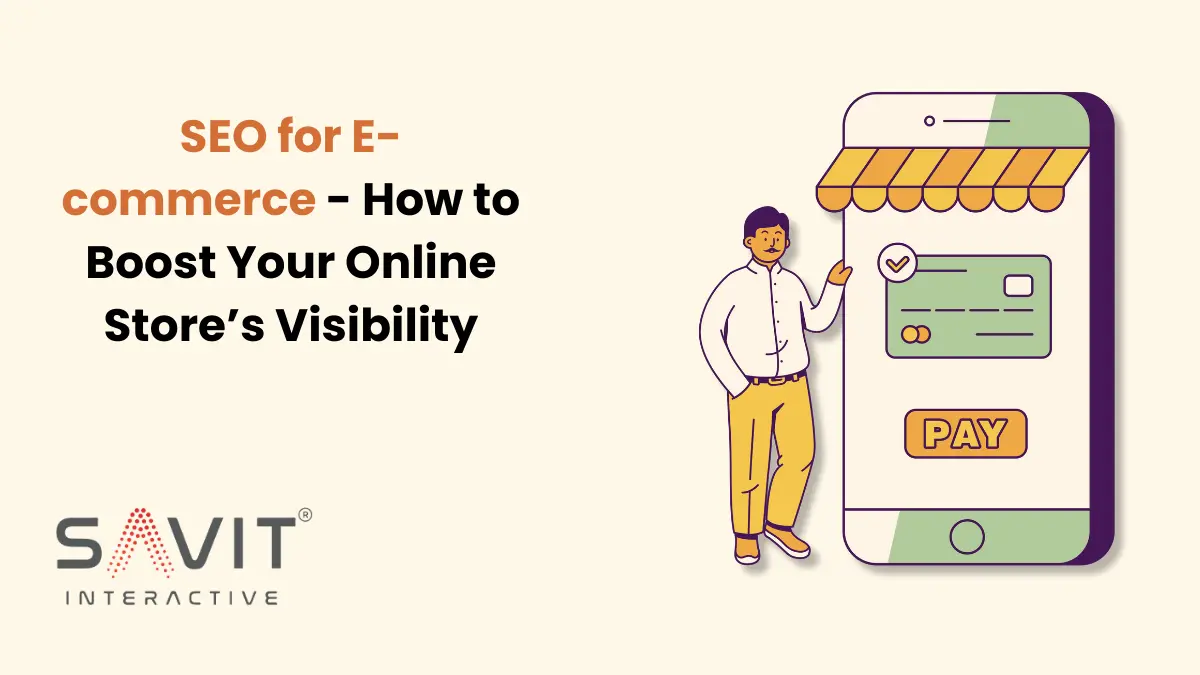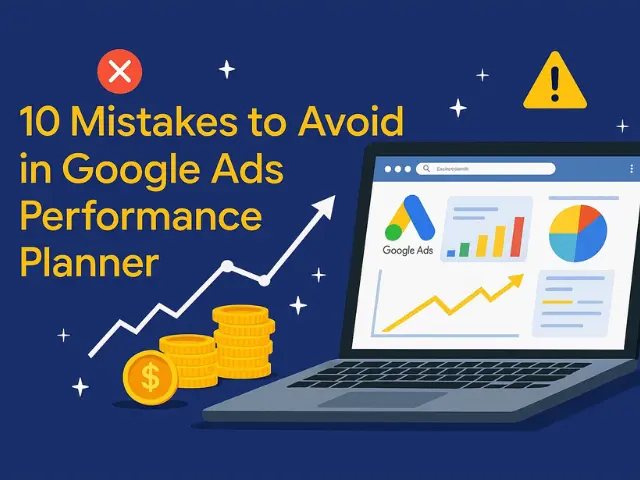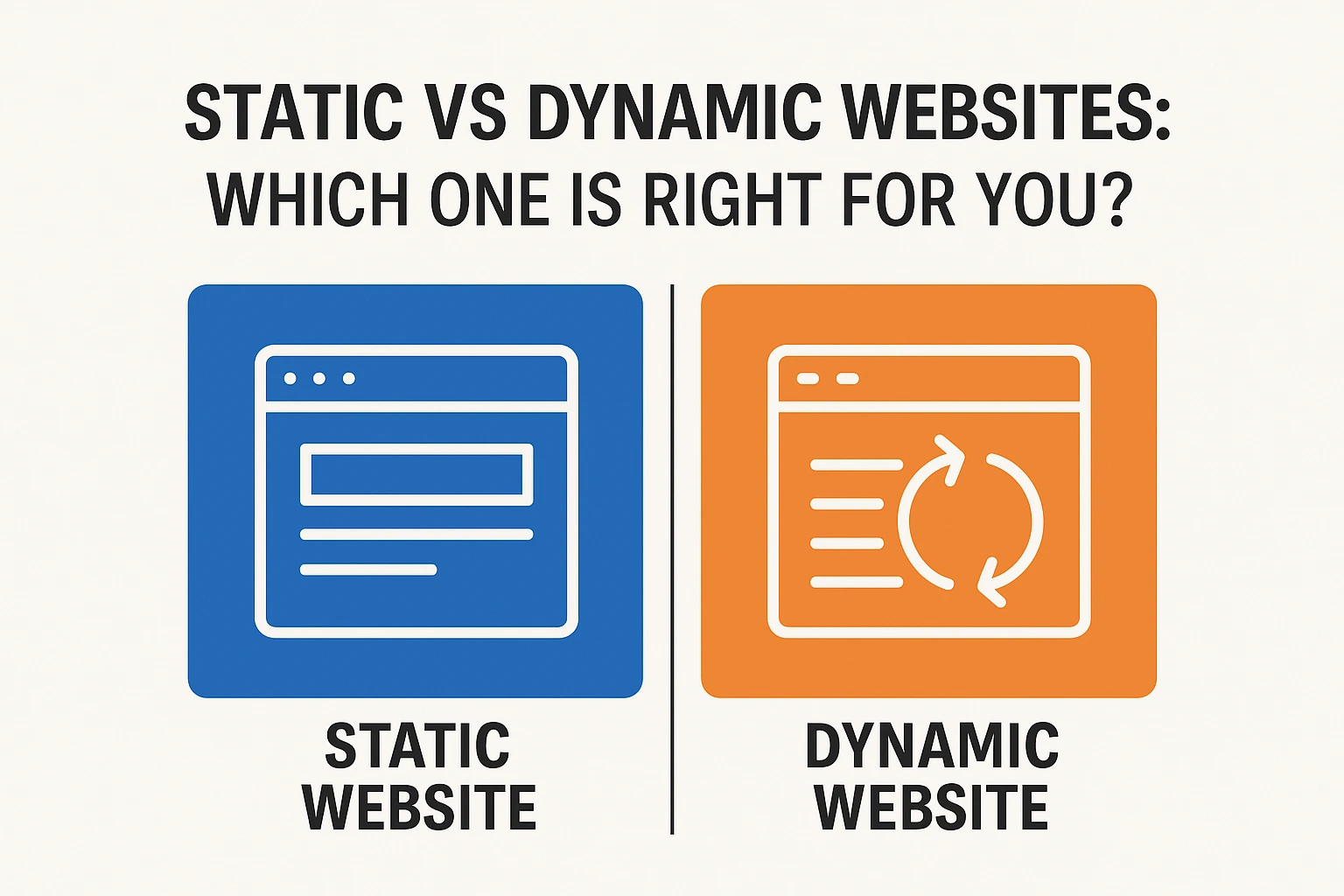A strategic approach to visibility that goes beyond traditional marketing techniques is necessary to successfully navigate the e-commerce space, in addition to having an eye-catching online shopfront.
The field of SEO for e-commerce has many facets; it goes beyond just optimizing keywords. It entails a thorough plan that improves every aspect of your online store, from the finer points of off-page tactics like social media interactions and backlinking to the complexities of on-page SEO, like product descriptions and meta tags.
This guide examines how e-commerce targeted SEO can improve your store’s online visibility and establish it as a major player in the online shopping space.
Understanding E-Commerce SEO
The Essence of E-Commerce SEO
E-commerce SEO involves a set of practices designed to improve the visibility of online retail sites in search engine results. The goal is to attract organic traffic by enhancing various elements of your website to align with search engine algorithms and user intent. Employing robust SEO services can lead to better search rankings and increased visibility for your online store.
Impact on E-Commerce Performance
The performance of your online store can be greatly impacted by optimizing it with a carefully thought-out SEO strategy. Increased organic traffic from high search engine rankings can result in higher conversion rates and income. E-commerce companies can strengthen their position in the market and make sure that prospective buyers are aware of them by concentrating on thorough SEO strategies.
Advanced On-Page SEO Techniques
Crafting Effective Title Tags and Meta Descriptions
Title tags and meta descriptions are fundamental components of on-page SEO. These elements provide the first impression of your page to both search engines and users. Craft title tags that are both descriptive and keyword-rich, incorporating terms like “buy eco-friendly yoga mats” to match search intent. Meta descriptions should summarize the page content concisely and encourage clicks, leveraging relevant keywords to enhance visibility.
Optimizing Header Tags
Header tags (H1, H2, H3, etc.) help organize content and improve readability. Proper use of header tags allows search engines to understand the structure of your content and enhances user experience. For e-commerce sites, headers should include pertinent keywords and clearly delineate sections such as product features, customer reviews, and related items.
Enhancing Product Page Optimization
The foundation of SEO for e-commerce is product pages. Make these pages more optimized by adding appropriate phrases to the descriptions, alt texts, and product titles. For example, keywords like “organic face moisturizer” and “natural skincare” should be included in a product page for an organic face moisturizer. Search engines can also receive comprehensive product information from the use of schema markup, including details about availability, pricing, and ratings.
Implementing a SEO-Friendly URL Structure
A well-structured URL is essential for both users and search engines. Create URLs that are descriptive and include relevant keywords. Instead of a generic URL like www.yourstore.com/product123, use a descriptive URL such as www.yourstore.com/organic-face-moisturizer. This approach enhances readability and supports better indexing by search engines.
Strategic Off-Page SEO Tactics
Building Quality Backlinks
Backlinks from reputable sources are a critical component of off-page SEO. They contribute to your site’s authority and influence search engine rankings. Develop a backlink strategy that includes guest blogging, partnerships, and content syndication. Acquiring high-quality backlinks from industry-relevant and authoritative sites strengthens your domain authority and drives referral traffic. A seasoned SEO Company can be adept at creating a strategic backlink profile.
Leveraging Social Media for SEO
Social media platforms play a significant role in enhancing your e-commerce store’s visibility. Engage with your audience through regular posts, promotions, and interactions. Social signals, such as likes and shares, can indirectly impact your search engine rankings by increasing traffic to your site and boosting brand awareness. Align your social media efforts with your overall SEO strategy to maximize their effectiveness.
Influencer Partnerships
Collaborating with influencers can expand your store’s reach and credibility. Identify influencers within your niche and work with them to promote your products. Influencers can offer valuable endorsements and generate high-quality backlinks, contributing to improved search engine performance and increased visibility.
Technical SEO: The Foundation for Success
Optimizing Website Speed
A website’s speed has a significant impact on both search engine rankings and user experience. Pages that load slowly can have a negative effect on your SEO efforts and result in high bounce rates. Reduce server response times, use browser caching, and compress images to maximize website speed. Your site will continue to load quickly and efficiently thanks to routine performance evaluations and optimizations.
Ensuring Mobile Compatibility
It’s critical to make sure your e-commerce site is mobile-friendly given the increase in mobile shopping. Use responsive design to ensure a consistent user experience across different devices. Since mobile-friendly websites are given preference in search engine results, mobile optimization increases user experience while also boosting search engine rankings.
Structuring Your Site for Optimal Crawlability
Effective search engine indexing and crawling are supported by a well-structured website. Make sure that key pages are simple to find and that your site’s navigation is user-friendly. Employ internal linking and XML sitemaps to direct search engines through your website. Frequent audits aid in locating and resolving any problems that might obstruct search engine crawlers.
Content Marketing: Driving Engagement and Traffic
Creating Valuable Blog Content
One effective strategy for increasing organic traffic to your e-commerce website is content marketing. Create a content strategy that consists of industry-relevant blog entries, articles, and guides. When you create valuable content that answers user questions and adds value, you can establish your store as an authority in your industry and draw in a consistent flow of customers.
Developing Comprehensive Product Guides
Detailed information provided by product guides and tutorials improves customer satisfaction and aids in search engine optimization. Make thorough materials that assist customers in comprehending your goods and making defensible selections about what to buy. To increase traffic to your website, optimise these guides with appropriate search terms.
Utilizing Visual Content
Including visual content in your SEO strategy, like videos and infographics, can increase user engagement. Search engines will benefit from increased user interaction and time spent on your website due to the power of visual content. To increase its search visibility, make sure that all visual content is optimized with appropriate search terms and alt texts.
Monitoring and Adapting SEO Strategies
Tracking Performance Metrics
To assess the success of your strategies, you must regularly monitor your SEO performance. Track important metrics with analytics tools, like conversion rates, bounce rates, and organic traffic. Making data-driven changes is made possible by analysing these metrics to spot trends and gauge the success of your SEO campaigns.
Adapting to Algorithm Changes
Search engine algorithms are continually evolving, making it crucial to stay informed about updates. Adapt your SEO strategies to align with new algorithms and best practices. Avoid black-hat techniques and focus on ethical practices to ensure long-term success and compliance with search engine guidelines.
Conducting Regular Technical Audits
Technical audits are necessary to identify and address issues related to site performance, mobile usability, and indexing. Regularly audit your site to maintain optimal search engine visibility and user experience. Address any technical issues promptly to ensure your site remains aligned with best practices.
Conclusion
Effective SEO calls for a comprehensive approach that includes off-page tactics, technical SEO, content marketing, and on-page optimization to maximize visibility of your online store. Hiring an SEO marketing Company can provide you with the know-how and tools required to carry out these tactics successfully. You can improve your online store’s search engine rankings, draw in more targeted traffic, and experience long-term growth.
Savit Interactive has a long record for assisting E-commerce ventures to reach their target audience and drive sales growth with strategic SEO marketing initiatives. Contact us today to get started.



